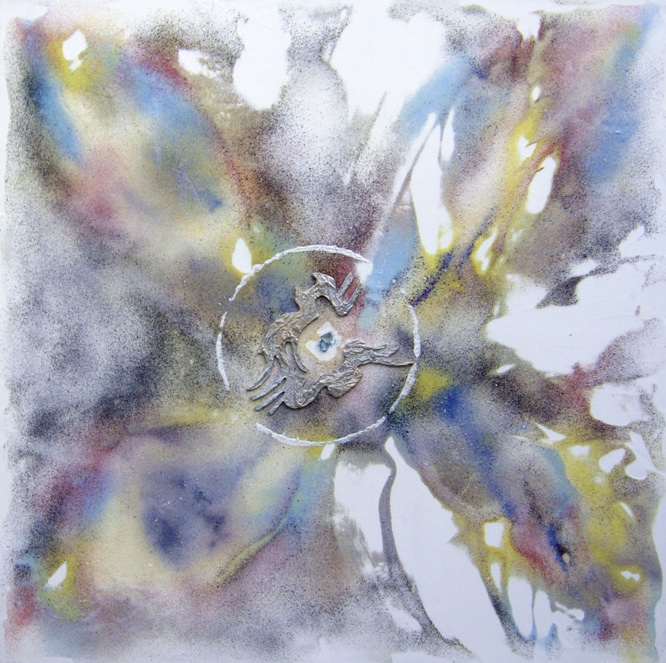Over the last two years I’ve spent a lot of time trying to understand what I want out of my life. I’ve been doing startups since 2004. It’s been a tough road, both insanely challenging and deeply fulfilling. As I’ve grown, my values have evolved. I went from “I want to build a company so I can sell it for a lot of money” to “I want to help people live healthier lives” to “I want to live in a peaceful world.” That’s a big shift.
Consequently, I’ve come to realize that everyday I have a choice. I can choose to be guided by fear or I can choose to be guided by love. Fear is when I don’t do stuff that I want to because I’m afraid of how people might respond or that it won’t be good enough. Love is when I’m true to myself and follow my heart.
Fear creeps into our lives in small ways and limits our choices. It keeps us from connecting with other people. It prevents us from having freedom. We’re all familiar with fear of failure or rejection, but what about fear of success? As long as we’re not successful, there’s a lot less expectation and judgement, a lot less pressure. Fear comes in many shapes and sizes.
There’s nothing wrong with fear. Fear helps us see ourselves. The important thing is to not let ourselves be guided by fear. To love ourselves so much that we’re not willing to let fear hold us back from being the best that we can be. In that sense, fear is actually doing us a favor. When we can identify where fear is holding us back, we know exactly what we need to do to overcome fear: engage with it.
As a business owner, I encounter this all the time in the form of things that I should be doing but never get around to. Sure, I’m busy. But the truth is there’s a lot of stuff I could be doing to put myself out there. Like writing a newsletter. What I want most out of life is to help others be the best they can be. Of course, what that means is that I have to be the best that I can be. And in order to do that I need to be willing to confront my fears and overcome them.
That’s the power of choice that all of us have everyday. We have the power to choose to do what we want to do despite our fears. We have the power to choose to be who we want to be despite seemingly insurmountable obstacles.
The greatest gift we have is the power of choice. I’m not saying it’s easy. In fact, it can be really hard to acknowledge fear and then actually overcome it. But it’s possible. And it’s not as hard as you might think. Most importantly, it’s the only way to be the best that you can be.
Today, as you come face to face with the incredible power of your choice, what will you choose to do?

